Empower your first-time managers with the leadership skills and confidence necessary to transition into their new roles successfully
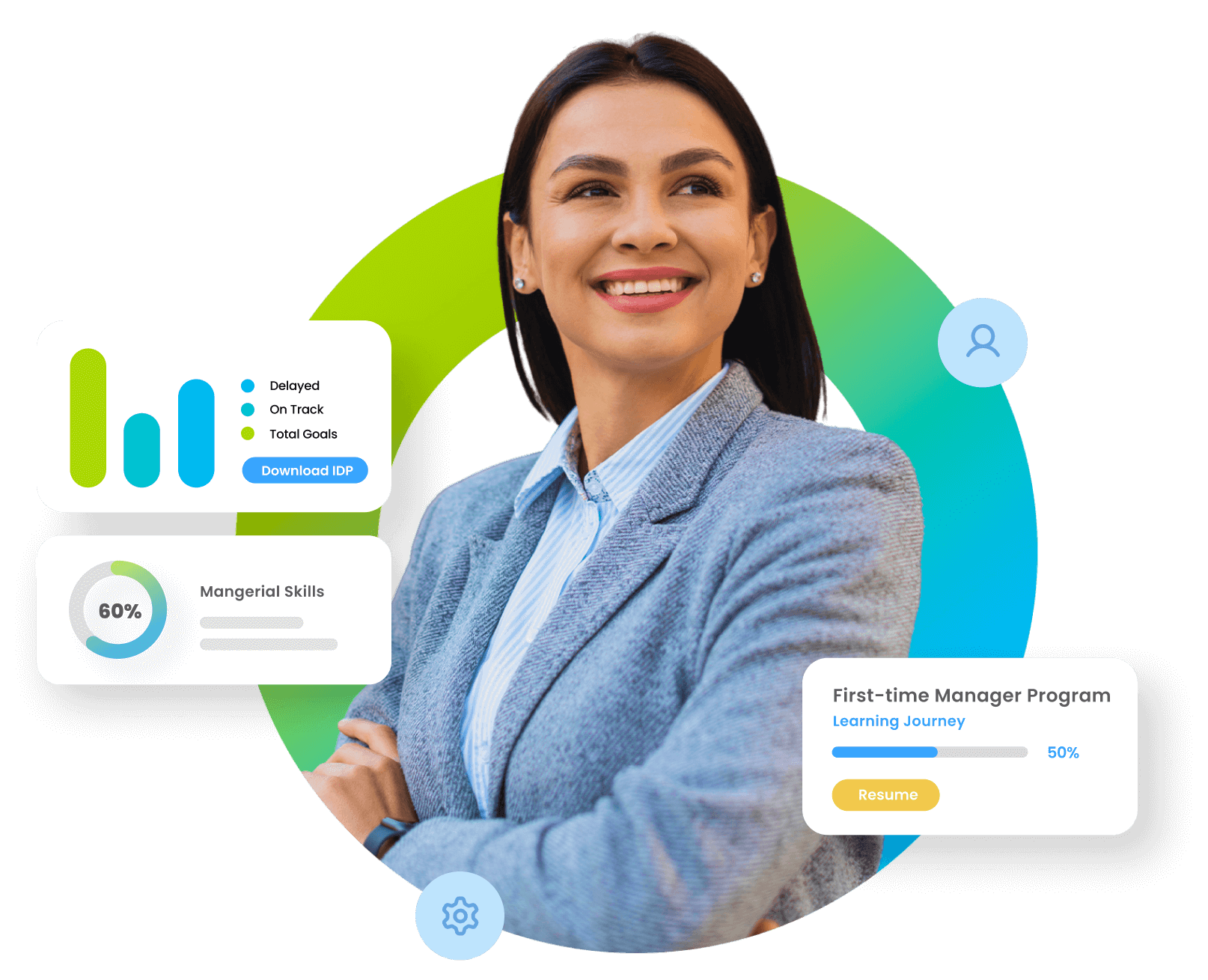
| Comfort Zone | Areas of Struggle |
|---|---|
|
Clear, well-defined organization structures where reporting relationships are explicit. |
Is expected to work in matrix organizations where vertical and horizontal relationship lines cut across functions, business and geographies. |
|
Doing task with own effort. |
Has to drive actions and closure involving others. |
|
Avoiding conflict, 'Face Saving' is crucial. |
Dealing with conflicting priorities. |
|
Likes to work in an environment with minimal or no surprises. |
Dealing with uncertainty. |
|
Addressing issues specific to own functional/ technical domain. |
Navigating business/ organizational issues laced with uncertainties. |
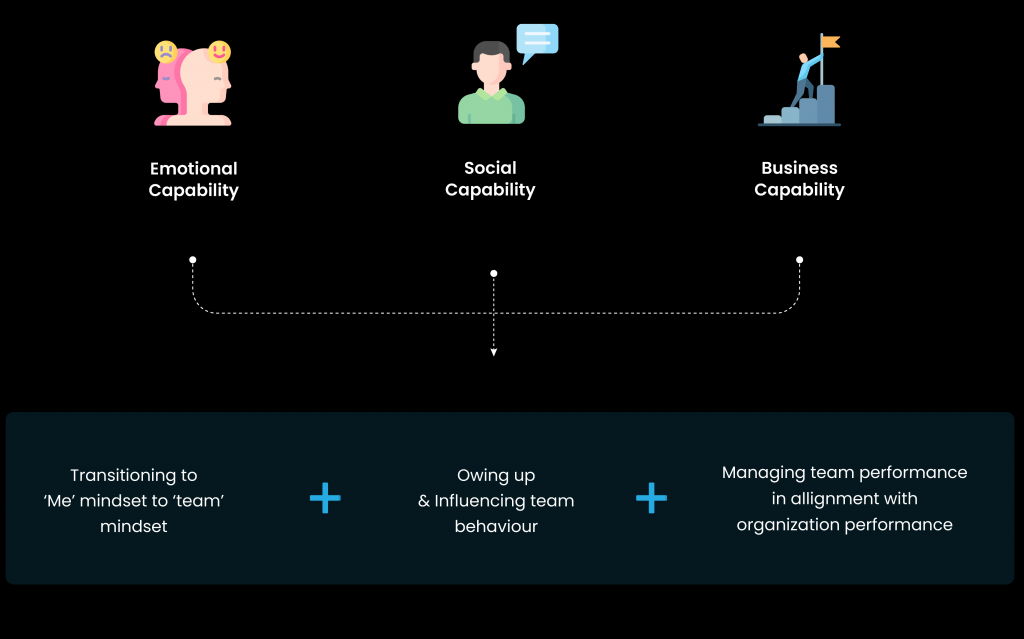

Self Awareness
& Self Management


Delegation & Conflict Management

Communication
& Listening

Empathy, Trust
& Credibility

Enabling
Career Growth
An illustrative Program flow – we strive to bring together multiple learning methodologies
to provide an immersive and engaging experience to participants.

Hi, I am Tina. I was nominated for the program. Experience the journey with me...

I started the journey with a Virtual Assessment & an Orientation Webinar

• Self-study modules on: Improving my self-awareness & Managing myself
• Virtual Interactive Session to discuss & clarify my psychometric report queries

• Self study modules on Basic Managerial Skills & Conversation Skills
• Virtual Interactive Session focused on skill practice (I also did a role plays as a part of it!)

• Self study modules on Finance for Non-Finance Professionals, Understanding Business Value Chain & Readying Yourself for a Digital World
• Virtual Interactive Session to apply concepts with a case study exercise

After my learning journey, a post-program VDC was conducted. Based on my VDC report, I was shortlisted for individual coaching sessions, where I will work with a coach on various development areas as per my IDP.

30-60 mins courses consisting of Learning videos, quizzes and self-reflection exercises; focus is on introduction of concepts and frameworks

Participants document high quality Individual Development Plans (IDPs) using system-recommended on-the-job activities for each goal

Assessments embedded Into the program design to facilitate skill practice or to provide additional inputs for personal reflection
Sessions by Think Talent facilitators; focused on assimilation of learning inputs and practicing of skills rather than knowledge sharing

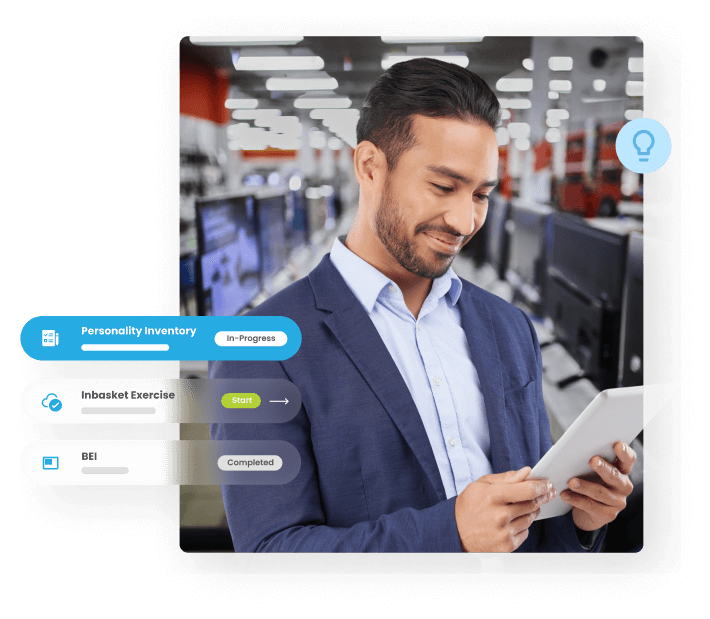
Transitioning from an individual contributor to a first-time manager can be pretty challenging.
So how do you effectively prepare your talent for a smooth transition into their first managerial role?
Click below to read more about an IT Major who revamped its capability development program for FTMs. The key challenge was to engage a millennial audience dispersed worldwide with limited access.
4500+ FTMs | 40+ Countries | 8+ Languages
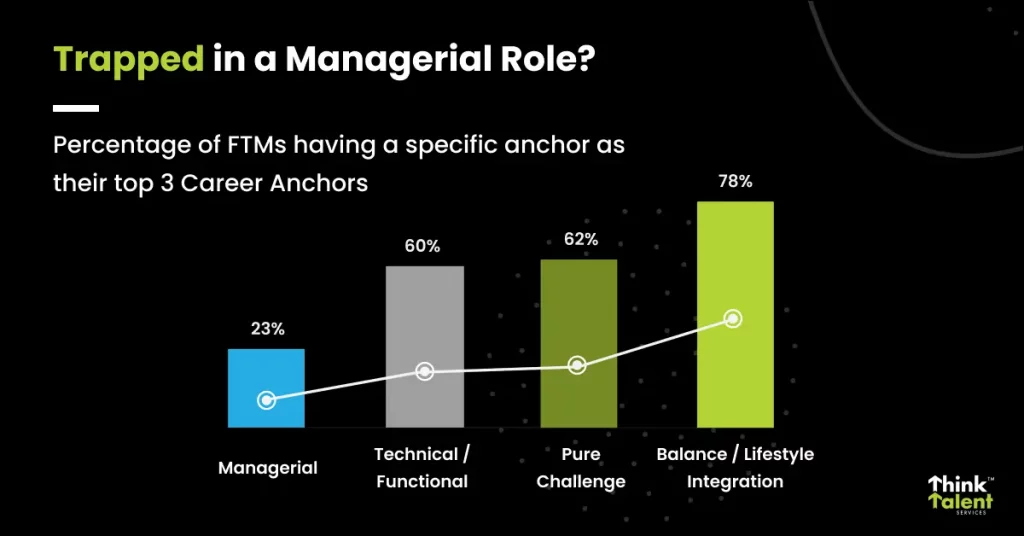
Leading isn’t a universal aspiration. Here’s our quick take on understanding career motivators & drivers of new managers in India.
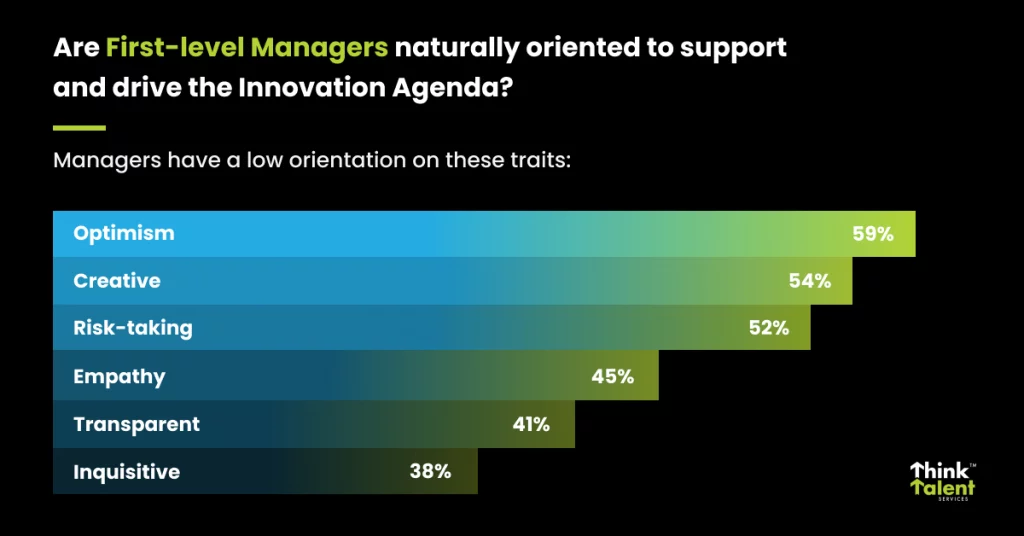
Explore more insights here on why investing in first-level managers is critical to drive the change and innovation agenda in organizations.
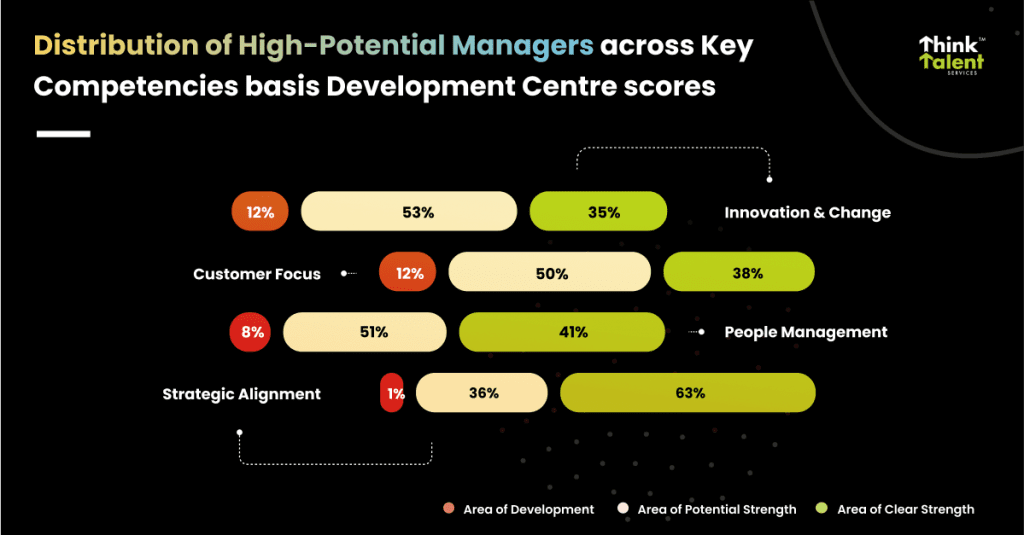
Explore our insights here to determine the key themes that should take precedence when designing effective high-potential development programs.
First-level Managers (FLMs) play a critical role in improving productivity and retention of the on-the-ground workforce, esp. in distributed set-ups in the insurance industry. Designing effective development programs for FLMs requires attention to a few key considerations:
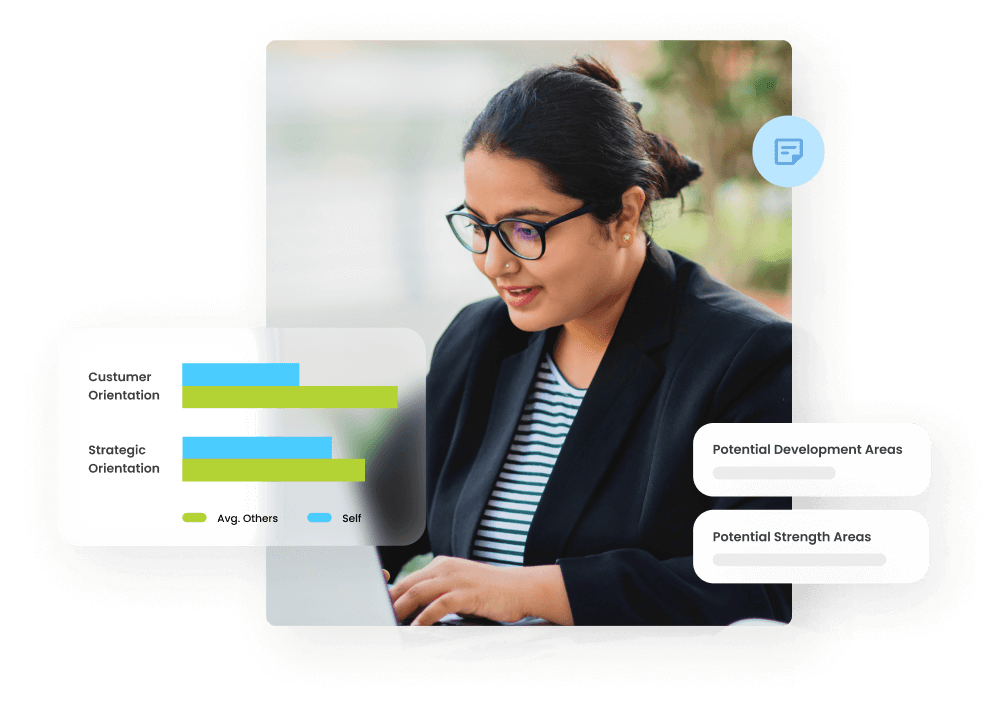
info@thinktalentindia.com
+91-9910955257
+91-8828158509